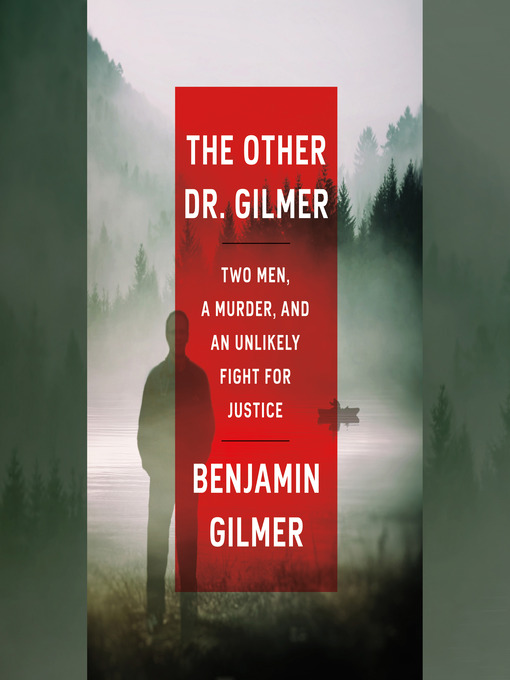- Outdoorsy & Travel
- Most Popular Magazines
- Food & Cooking Magazines
- Home & Garden
- Explore Your Inner Artist
- Celebrity & Pop Culture
- Health & Fitness
- Business, News & Politics
- Comics, Gaming and More!
- Things That Move Us All
- Lifestyle
- Movies, TV & Music
- Sports Magazines
- See all magazines collections

“A remarkable medical detective story–cum–memoir, grippingly told . . . I was drawn in by every part of it.”—Atul Gawande, #1 New York Times bestselling author of Being Mortal
ONE OF THE BEST BOOKS OF THE YEAR: The New York Public Library
Fresh out of medical residency, Dr. Benjamin Gilmer joined a rural North Carolina clinic only to find that its previous doctor shared his last name. Dr. Vince Gilmer was loved and respected by the community—right up until he strangled his ailing father and then returned to the clinic for a regular week of work. Vince’s eventual arrest for murder shocked his patients. How could their beloved doctor be capable of such violence? The deeper Benjamin looked into Vince’s case, the more he became obsessed with discovering what pushed a good man toward darkness.
When Benjamin visited Vince in prison, he met a man who appeared to be fighting his own mind, constantly twitching and veering into nonsensical tangents. Sentenced to life in prison, Vince had been branded a cold-blooded killer and a “malingerer”—a person who fakes an illness. But it was obvious to Benjamin that Vince needed help. Alongside This American Life journalist Sarah Koenig, Benjamin resolved to understand what had happened to his predecessor. Time and again, the pair came up against a prison system that cared little about the mental health of its inmates—despite more than a third of them suffering from mental illness.
The Other Dr. Gilmer takes readers on a riveting and heart-wrenching journey through our shared human fallibility, made worse by a prison system that is failing our most vulnerable citizens. With deep compassion and an even deeper sense of justice, Dr. Benjamin Gilmer delves into the mystery of what could make a caring doctor commit a brutal murder. And in the process, his powerful story asks us to answer a profound question: In a country with the highest incarceration rates in the world, what would it look like if we prioritized healing rather than punishment?
-
Creators
-
Publisher
-
Release date
March 1, 2022 -
Formats
-
OverDrive Listen audiobook
- ISBN: 9780593452271
- File size: 285528 KB
- Duration: 09:54:50
-
-
Languages
- English
-
Reviews

Loading
Formats
- OverDrive Listen audiobook
Languages
- English
Why is availability limited?
×Availability can change throughout the month based on the library's budget. You can still place a hold on the title, and your hold will be automatically filled as soon as the title is available again.
The Kindle Book format for this title is not supported on:
×Read-along ebook
×The OverDrive Read format of this ebook has professional narration that plays while you read in your browser. Learn more here.